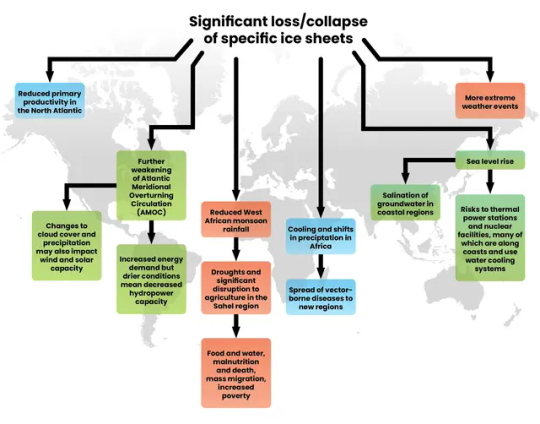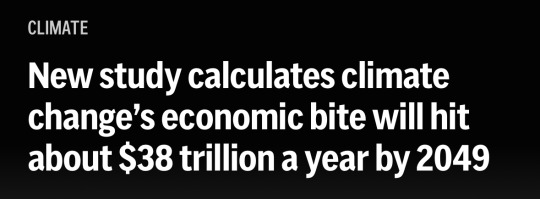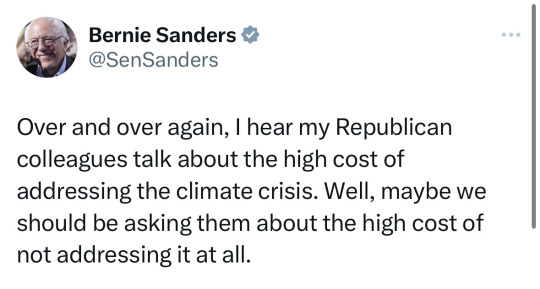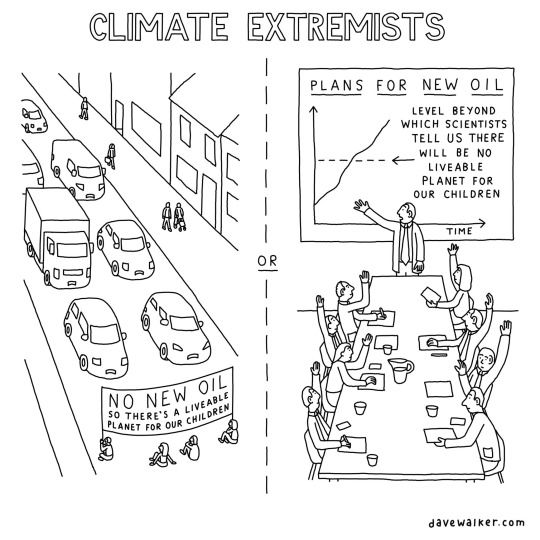Text
Excerpt from this New York Times story:
As President Trump works to blunt the growth of wind and solar power and expand fossil fuel production in the United States, the renewable energy industry is making a new pitch: You need us.
Wind and solar developers are increasingly pointing out that America’s demand for electricity is soaring, driven by a boom in data centers, and it’s proving difficult to build enough new gas plants to supply all the extra power that the nation needs.
Wind, solar and battery storage are relatively quick and cheap to construct. That could help avert energy shortages and keep prices low, an argument that renewable energy firms are making to policymakers.
“Our message to the administration is, let’s be realistic about this,” John Ketchum, the chief executive of NextEra Energy, one of the country’s largest power producers, said in an interview. “If you take renewables and storage off the table, we’re going to force electricity prices to the moon.”
These are tough times, politically, for the renewable energy industry. Mr. Trump has been a blistering critic of wind turbines for years and openly promotes fossil fuels like oil and gas, riding into office on a promise to “drill, baby, drill.” He has halted federal approvals for wind farms, placed a moratorium on large solar arrays on public lands and frozen billions of dollars in spending for battery factories and electric grid upgrades.
At the same time, Republican leaders in Congress are talking about ending federal subsidies in the form of tax credits for low-carbon electricity, which have been expected to supercharge the growth of wind and solar power. Uncertainty around those credits has paralyzed the renewable energy industry, with companies delaying projects and laying off workers.
The chaos could make it harder for the United States to slash its planet-warming emissions,��even as scientists warn the risks from climate change are escalating.
But an environmental argument won’t get far with a president who dismisses global warming. So, many wind and solar companies are now casting their industries as essential to achieving U.S. energy abundance.
6 notes
·
View notes
Text
"Milton’s ferocity and its rapid intensification were fueled by abnormally warm waters in the Gulf of Mexico – just one of many ways that climate change made the storm more severe, according to a host of climate scientists, Axios, and NBC News’s senior Miami meteorologist John Morales, who broke down on air as he described the coming storm.
“I would argue that the reason [price gouging] happened is because we have four airlines controlling 80 percent of the market,” McGee, author of the book Attention All Passengers, told DeSmog. “They’re behaving badly because they can.”"
18 notes
·
View notes
Text
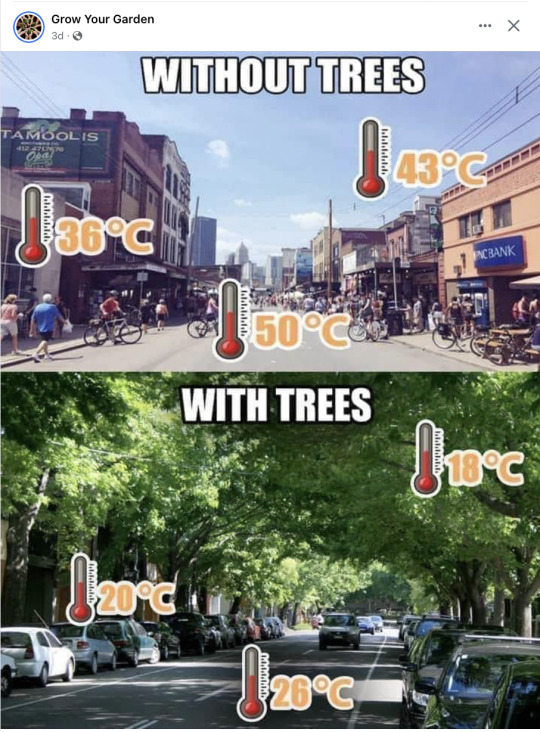
“It is not so much for its beauty that the forest makes a claim upon men’s hearts, as for that subtle something, that quality of air that emanation from old trees, that so wonderfully changes and renews a weary spirit.”
― Robert Louis Stevenson
Source: Grow Your Garden Instagram page
29K notes
·
View notes
Text
Climate change is affecting ecosystems in many different ways. One of its consequences is increasingly longer and more intense periods of heat, which affect essential natural processes—such as pollination. A team of researchers from Julius-Maximilians-Universität Würzburg (JMU) has now investigated in more detail how heat affects one particular player in these processes—the bumblebee. The work is published in the journal Proceedings of the Royal Society B: Biological Sciences.
Continue Reading.
109 notes
·
View notes
Text
166 notes
·
View notes
Photo

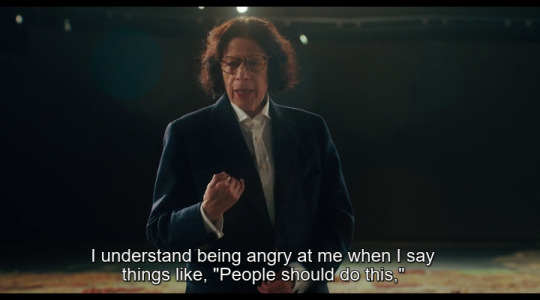
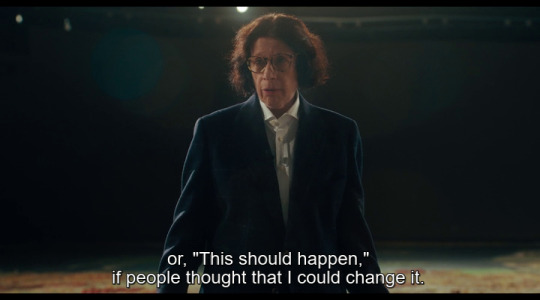
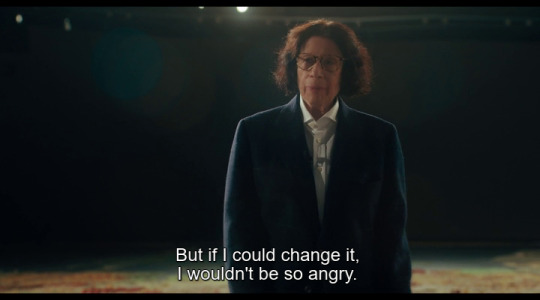
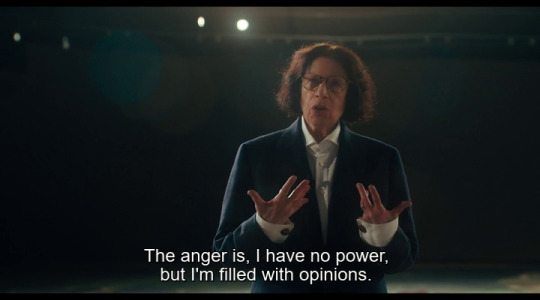
Pretend It’s a City episode 1 (2021) dir. Martin Scorsese
573 notes
·
View notes
Text
Children ask better questions than do adults. 'May I have a cookie?' 'Why is the sky blue?' and 'What does a cow say?' are far more likely to elicit a cheerful response than 'Where's your manuscript?' 'Why haven't you called?' and 'Who's your lawyer?'
Fran Lebowitz
63 notes
·
View notes
Text
763 notes
·
View notes
Text
Plastic producers have known for more than 30 years that recycling is not an economically or technically feasible plastic waste management solution. That has not stopped them from promoting it, according to a new report. “The companies lied,” said Richard Wiles, president of fossil-fuel accountability advocacy group the Center for Climate Integrity (CCI), which published the report. “It’s time to hold them accountable for the damage they’ve caused.” Plastic, which is made from oil and gas, is notoriously difficult to recycle. Doing so requires meticulous sorting, since most of the thousands of chemically distinct varieties of plastic cannot be recycled together. That renders an already pricey process even more expensive. Another challenge: the material degrades each time it is reused, meaning it can generally only be reused once or twice. The industry has known for decades about these existential challenges, but obscured that information in its marketing campaigns, the report shows. The research draws on previous investigations as well as newly revealed internal documents illustrating the extent of this decades-long campaign. Industry insiders over the past several decades have variously referred to plastic recycling as “uneconomical”, said it “cannot be considered a permanent solid waste solution”, and said it “cannot go on indefinitely”, the revelations show. The authors say the evidence demonstrates that oil and petrochemical companies, as well as their trade associations, may have broken laws designed to protect the public from misleading marketing and pollution.
1K notes
·
View notes
Text
71 notes
·
View notes
Text

If only we raised the carbon tax a few more cents there would be no more climate change 🤪
2 notes
·
View notes

